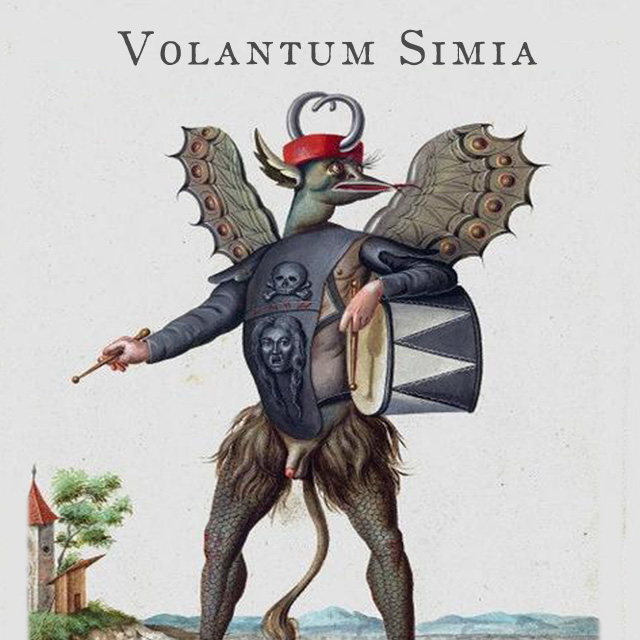Dorothy, the main protagonist of The Wonderful Wizard of Oz, represents the innocence of the American West with its antiquated views towards native peoples, as well as representative of the average American being thrust into foreign lands beyond their control. This would come to fruition soon after the publication of The Wonderful Wizard of Oz as American farmers were sent over-seas, to fight in a war already set into motion years before. Dorothy symbolizes a young idealistic nation with a national myth that supports salt of the earth people and good old fashioned American values cast into unknown territory by forces they cannot control.
The Tin Man on the other hand is cast as a metaphor for the American factory worker and the coming of unbridled industrialization of labor, and the transfer of population from rural areas to the more mechanized face of the metropolitan city. Dorothy Gale, Tom Joad and even Clark Kent find themselves relocated from the rural environs of the farm to the big city in this time. The Emerald City, Los Angeles and Metropolis, respectively. They seek the confusion and anonymity of the city to reinvent themselves, with all of the new found risks and dangers of the city inherent in their transformations.
The central message of the text is not about the rise of Populism and the debate over gold versus silver, as is usually reported. The central message of the the Wonderful Wizard of Oz is instead about freedom and slavery.
Late 19th-century Americans were primarily rural farmers and workers who rallied not for silver or gold, but what those rare metal could afford, political freedom. The strength of a democracy could not be carried on the back of the traditional slave or the wage slave. The hidden agendas of populism and bureaucracy fill the text of the original story, illustrating the difference between slavery and a traditional labor force. The nameless Flying Monkeys represent the faceless American laborers beholden to the magical charm of democratic leadership. They are slaves to a force that will not compromise for their basic needs of their individual identities.
(MORE)
